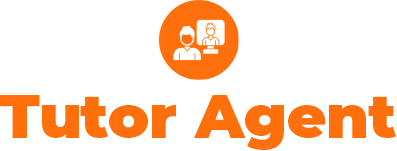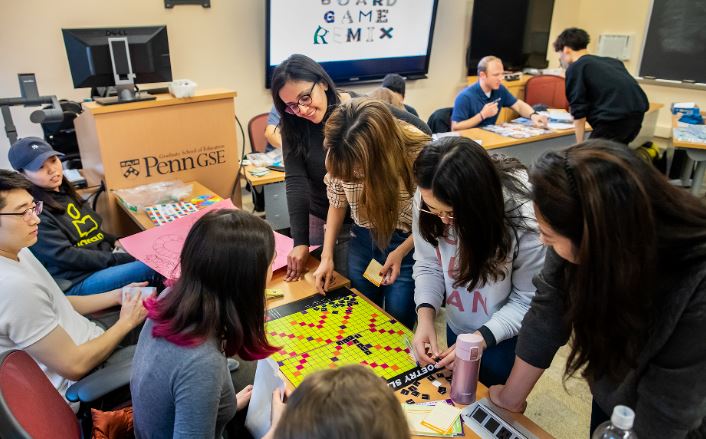Achievement gaps refer to disparities in academic performance between different groups of students, often based on factors such as socioeconomic status, race, or ethnicity. Tutoring can be a powerful tool for addressing these gaps and ensuring that all students have equal opportunities to succeed. In this article, we’ll explore the advantages of tutoring for closing achievement gaps. And supporting students in reaching their full potential.
Individualized Support
One of the primary advantages of tutoring for closing achievement gaps is the ability to provide individualized support to students. Tutors can assess each student’s strengths and weaknesses, identify areas where they may be struggling, and tailor instruction to meet their specific needs. By addressing these areas of difficulty, tutors can help students overcome obstacles and make meaningful progress in their academic journey.
Building Confidence and Motivation
Another advantage of tutoring for closing achievement gaps is the positive impact it can have on students’ confidence and motivation. By receiving personalized attention and support, students may feel more confident in their abilities and more motivated to succeed academically. This boost in confidence can lead to improved academic performance and a greater sense of self-efficacy, helping to narrow achievement gaps over time.

Reinforcement of Learning
Tutoring provides an opportunity for students to reinforce and solidify their understanding of key concepts. Through one-on-one instruction, students can engage in meaningful discussions, ask questions, and receive immediate feedback. Hence, deepening their comprehension of academic material. This reinforcement of learning is essential for closing achievement gaps. And ensuring that students have a strong foundation for future success.
Support for Special Needs Students
Tutoring can be especially beneficial for students with special needs who may require additional support to thrive academically. Whether it’s providing accommodations, modifying instruction, or offering alternative learning strategies, tutors can tailor their approach to meet the unique needs of these students. This personalized support can help bridge achievement gaps and empower students to reach their full potential.
Fostering a Growth Mindset
Finally, tutoring can help foster a growth mindset in students. Hence, encouraging them to view challenges as opportunities for growth rather than obstacles to overcome. By emphasizing effort, persistence, and resilience, tutors can instil in students the belief that they can improve their abilities through dedication and hard work. This growth mindset is essential for closing achievement gaps and empowering students to achieve academic success.
Enhancing Social and Emotional Development
Tutoring goes beyond academic support by providing opportunities for social and emotional growth. Tutors can serve as mentors and role models, offering guidance, encouragement, and a listening ear to students. Through positive interactions with tutors, students can develop important social skills such as communication, teamwork, and empathy, which are essential for success both inside and outside the classroom.
Providing Personalized Feedback
One advantage of tutoring for closing achievement gaps is the ability to provide personalized feedback to students. Tutors can assess students’ progress, identify areas for improvement, and offer specific feedback tailored to individual needs. This personalized feedback helps students understand their strengths and weaknesses. Therefore, guiding them towards areas where they can focus their efforts to make the greatest academic gains.
Encouraging Parental Involvement
Tutoring can also encourage parental involvement in students’ education, which is crucial for closing achievement gaps. Tutors can communicate regularly with parents, providing updates on students’ progress, discussing strategies for support at home, and involving parents in goal-setting and planning. By fostering a collaborative partnership between tutors, students, and parents, tutoring can create a supportive network that empowers students to succeed academically.
Conclusion
In conclusion, tutoring offers numerous advantages for closing achievement gaps. From providing individualized support and targeted intervention to building confidence and fostering a growth mindset, tutoring plays a critical role in narrowing disparities in academic performance. By harnessing the power of tutoring, educators can help bridge achievement gaps and create a more equitable and inclusive learning environment for all students.




